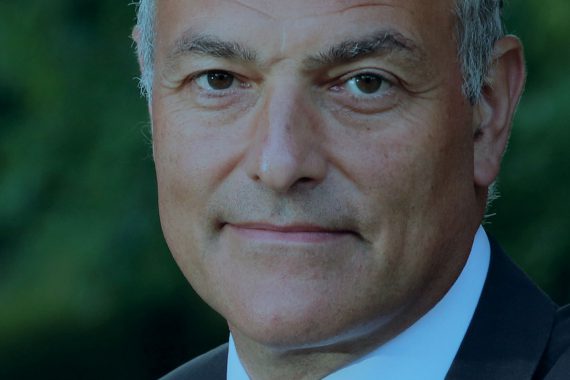30% increase in out-of-hours GPs needed, say urgent care leaders

The number of GPs needed to staff out-of-hours rotas needs to increase by roughly one-third if GPs are to help meet the increasing demands in urgent care, out-of-hours leads have said.
Dr Simon Abrams, chair of Urgent Health UK and a GP in Liverpool, told delegates at a King’s Fund Urgent and Emergency Care conference in London today there are significant issues, around indemnity costs and targeted inspections from tax collectors over GPs’ employment status – as revealed by Pulse – which are making it even harder to recruit.
He told delegates a major priority had to be ‘breaking down obstacles’ to recruitment and retention, such as ‘high indemnity costs, risk related to HMRC investigations of employment status, and low morale which is leading to higher levels of early retirement’.
Dr Abrams added: ‘We estimate that we will need a further 30% more GPs, than are currently available.’
He also stressed that co-locating GPs alongside A&E departments and developing multidisciplinary teams to work with GPs delivering care out of hours in primary care ‘hubs’ were also important.
But he said that the Government’s seven-day routine GP care initiatives exacerbated workforce pressures on out of hours by pricing providers out of the market.
He told Pulse: ‘The problem is the destabilisation we have when pilot projects… are offering £100 an hour or more per shift.
‘We need to get the balance right of supply and demand – it’s the GPs working who hold the market because there’s too few.’
This also extends to payments for working in CCGs or other roles, which will reduce the total availability of GP clinical time, he added.
NHS England clinical adviser Dr Cliff Mann – who is the previous president of the Royal College of Emergency Medicine – told delegates at the event that co-location of out-of-hours GP services and A&E would address many of these problems.
Dr Mann told delegates that hospitals employing GPs directly removed the burden of indemnity from GPs and was an ‘easy win’.
Pulse October survey
Take our July 2025 survey to potentially win £1.000 worth of tokens










